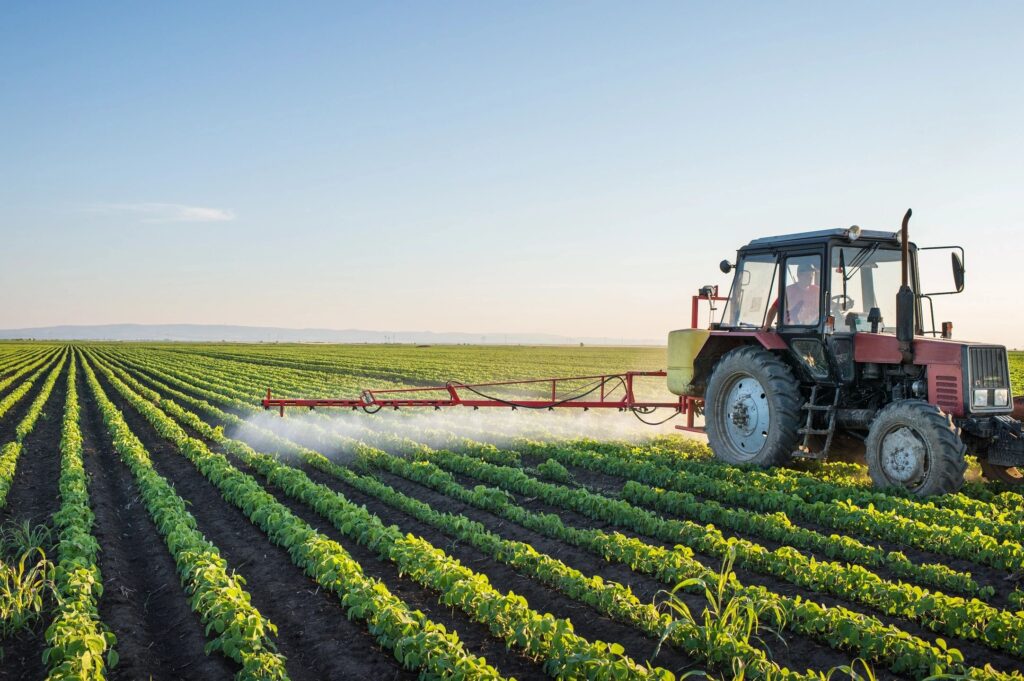
PERRY – Georgia’s rural economy is being buffeted by national and global headwinds that are making it harder for farmers to make ends meet, an agricultural economist said Tuesday.
Supply chain disruptions, trade wars, droughts across the globe, the COVID pandemic and the war in Ukraine are challenging farmers on multiple fronts, Gopi Munisamy, an agricultural marketing professor at the University of Georgia, told an audience of farm industry and political leaders during a summit on ag issues at the Georgia National Fairgrounds & Agricenter.
Not to mention inflation, which is driving up the cost of farm inputs including fertilizer, seeds and diesel fuel.
“All those have gone up exponentially,” said state Sen. Larry Walker III, R-Perry, chairman of the Senate Agriculture Committee.
Despite the challenges, agriculture remains Georgia’s No.-1 industry, responsible for $12.2 billion a year in “farm gate value” – the market value of farm products minus the selling costs – and more than 350,000 jobs, Munisamy said.
While specific numbers for Georgia haven’t been updated since 2020, Munisamy said net farm income in the Peach State is down this year compared with 2021.
The impact is not being felt evenly across farm products. While Munisamy described the short- and long-term outlook for broilers as positive and the forecast for peanuts as stable, he said fruit-and-vegetable growers are seeing near- and long-term challenges.
The Inflation Reduction Act recently passed by Congress includes $13.3 billion in rural development aid and $6 billion in assistance for farmers with federal loans.
Walker said state-level solutions to the economic problems facing farmers are limited because the challenges are national and global.
However, he said consumers buying more Georgia-grown farm products would help reduce the state’s reliance on overseas imports.
“Supporting Georgia-grown is in our best interests,” he said. “We may have to pay more for food, but we’ll be better off in the long run.”
This story is available through a news partnership with Capitol Beat News Service, a project of the Georgia Press Educational Foundation.